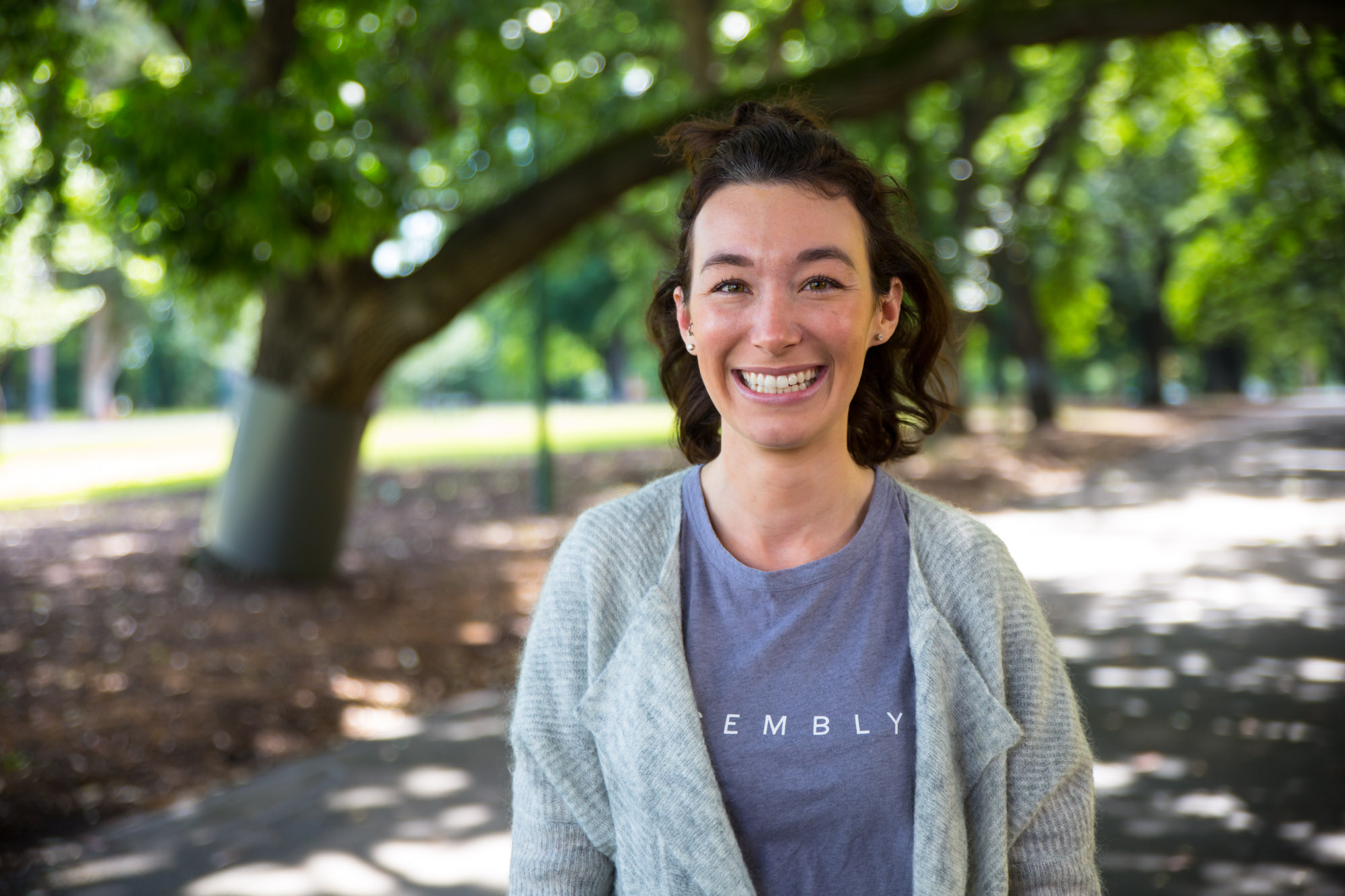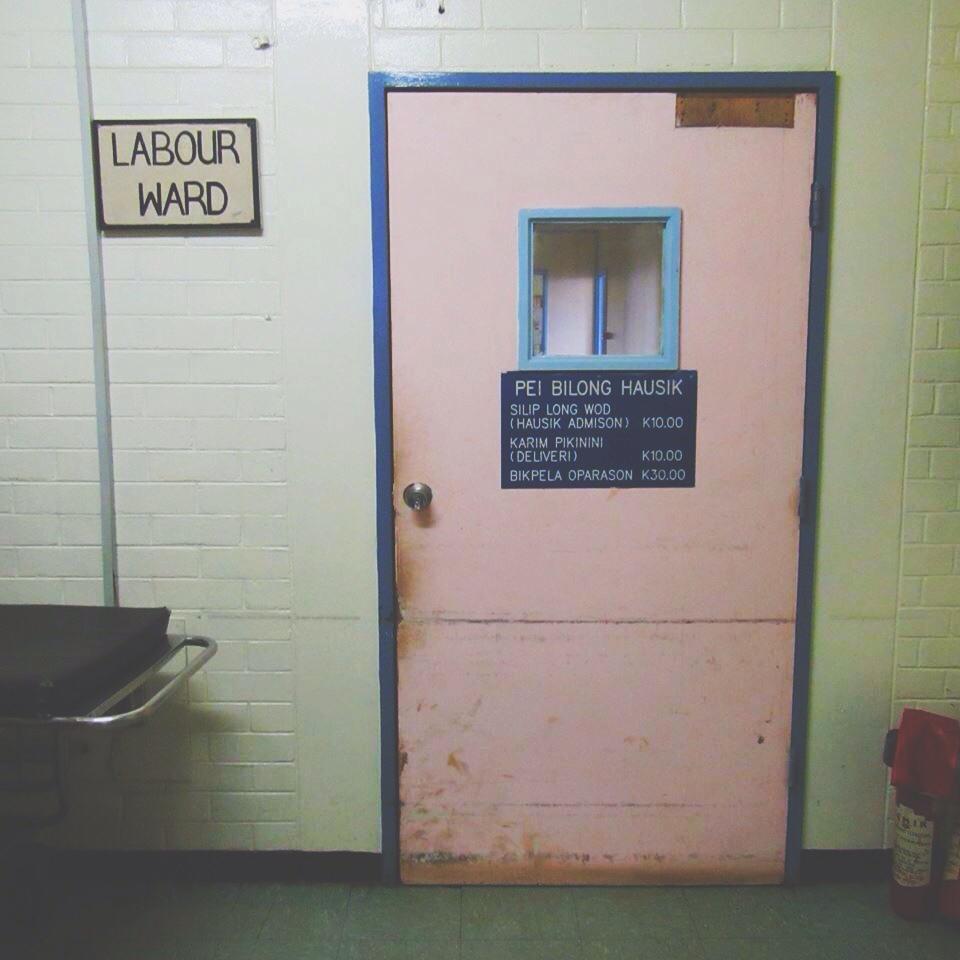Student stories: call the midwife!
Melbourne nurse Brodie Carter make the life-changing switch to a Master of Public Health after a stint as a midwife in Papua New Guinea.

From midwifery to public health strategy and evaluation: Brodie Carter, Master of Public Health Class of 2018.
What’s inspired you to follow a career in health?I grew up thinking I’d be a sports physiotherapist but after high school I decided Midwifery would be interesting. I did a double degree and did Nursing and Midwifery. My student placement was at the Royal Women’s Hospital in Melbourne and I did my graduate year there, too. I enjoy working with women during such an important moment in their life. It’s a very rewarding job even on hard days.
Why did you decide to study a Master of Public Health?
In June 2014, while I was at The Women’s, I went to Papua New Guinea for a month with a foundation that provides midwifery care and supplies for new mothers and babies in PNG. I worked out of a hospital and often saw women who’d had no antenatal care. We had to estimate gestation using traditional, low-tech midwifery skills. I saw some strong women have beautiful births, but one baby died because of limited resources and access to emergency services. I took away an appreciation of how health starts with education and supporting a person to understand their own body.

Image: Brodie Carter
Tell us about your professional placement during your Master of Public Health.
I spent a month withThe Border Consortium. The organisation has sites along the Thai-Myanmar border and I spent time in refugee camps in Mae Sot and Umphang. My role was to evaluate and develop a strategy for the prevention of sexual exploitation and abuse in the camps. Governments that provide funding to the camps want organisations to show they are doing everything possible to prevent any sexual exploitation. I lead discussions about sexual exploitation and abuse with community groups, senior management and field staff. The communities are well-organised and take an active role in measures to prevent sexual exploitation and abuse.
What was the outcome of your placement?
I did presentations for the executive board of Thailand Border Consortium on my findings and I developed a strategy that was taken to the Humanitarian Assistance and Resilience Programme (HARP) - a UK Government Department that evaluates and monitors how British government funding is used by organisations and if they are meeting international standards.
My strategy recommended incorporating qualitative data into collection of information after the distribution of food and shelter appliances and during a biannual nutrition survey of children. So women and children can be asked if they have ever felt threatened when accessing food, if anyone in the camp is acting inappropriately towards them or if they feel areas of the camp are unsafe. I also recommended collaborating on data collection with other organisations on the border.
What did you find most valuable about the placement experience?
When I went into public health, I wanted to follow a global health stream and the Master of Public Health and the placement was my test to see if I enjoyed it and if it could be my career path. It was good to walk away and know I had skills that I could replicate this in a different situation and contribute to a population in need.
How is the experience helpful in starting your career in public health?
I want to work for an international NGO doing evaluation consultancy, like I did in Thailand. I’d like to go into a situation and see how programs are running, what are they doing well, what can be improved and to engage with the local community. And I also want to take my midwifery skills to parts of the world that have sub-standard maternity care due to lack of opportunity and education.